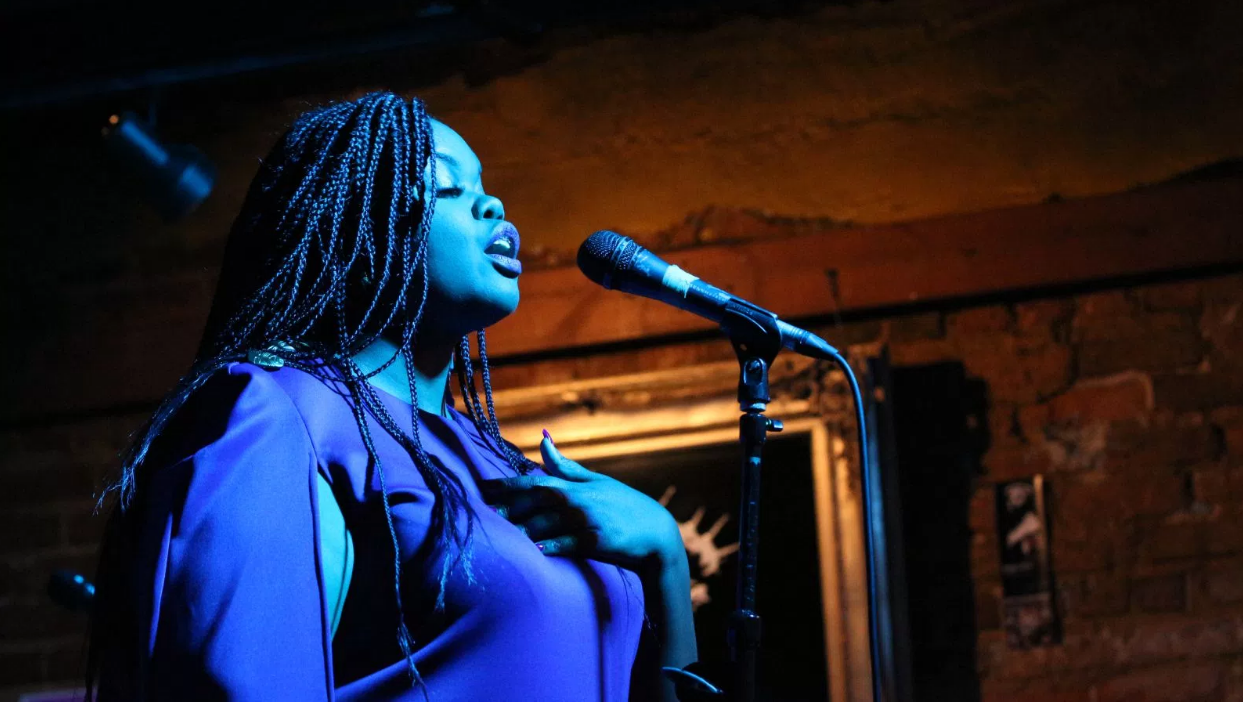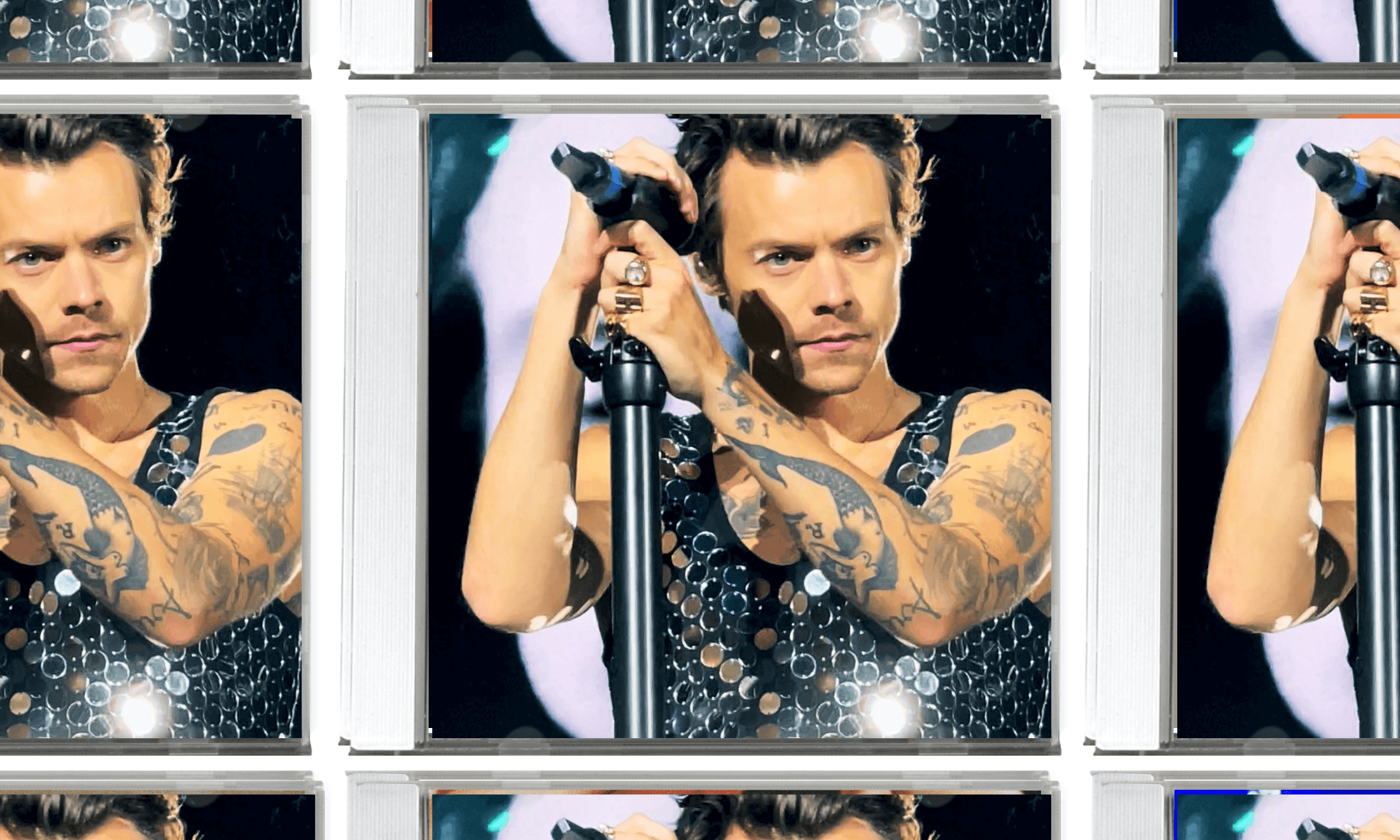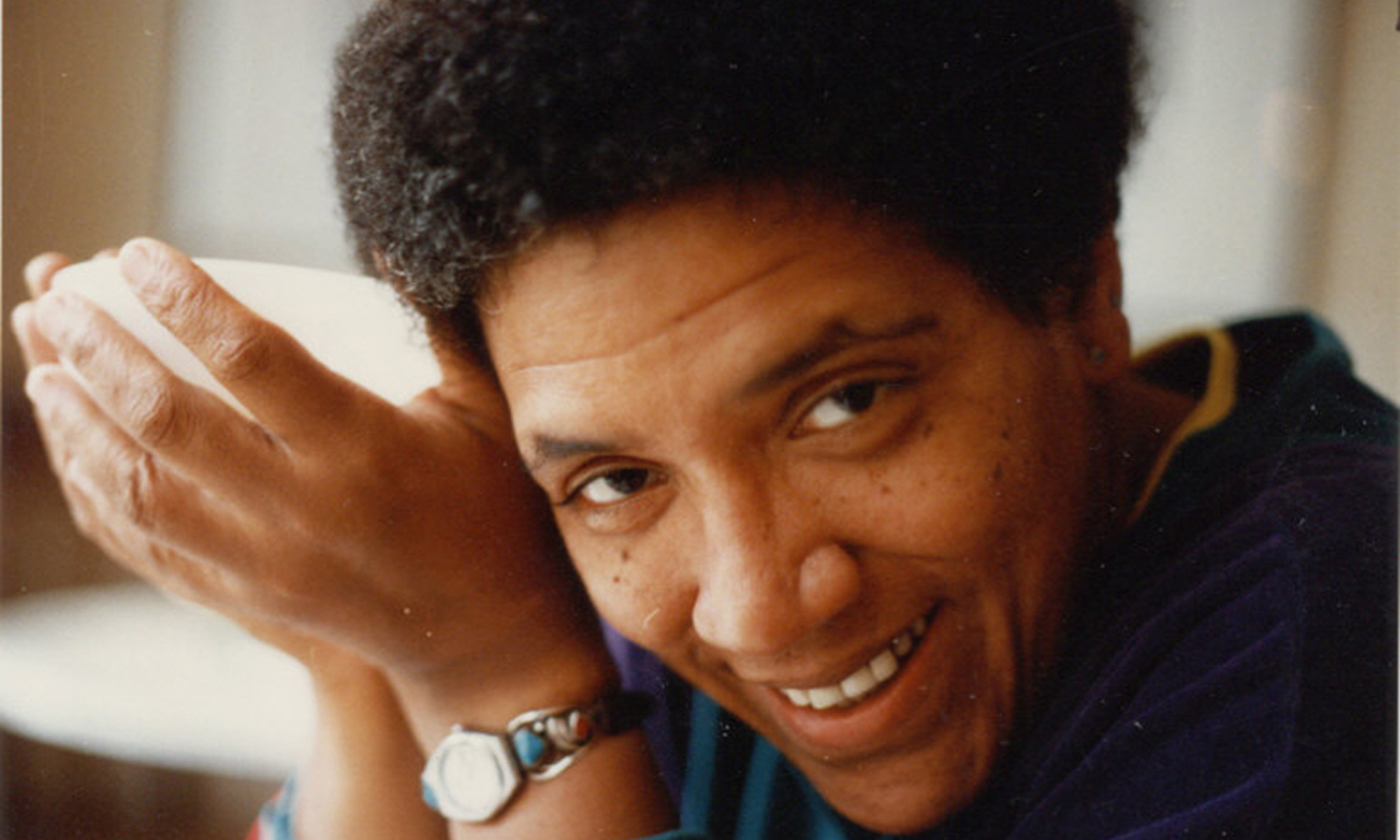
“For coloured girls who don’t need Katy Perry when Missy Elliott is enough” remarks the slam poet Ashlee Haze fervidly, in her poem For Coloured Girls (The Missy Elliott poem).
Written for the 2015 independent world poetry competition, Haze speaks of how, in discovering Missy Elliot, she uncovered the power of black femininity and representation. Her potent words transfixed Dev Hynes from Blood Orange, into sampling the poem on the opening track of his new album Freetown Sound. Released earlier this month, the album is a tapestry of vibrant eighties beats interwoven with questions on religion, migration and black masculinity. “In my arena, your light doesn’t make mine any dimmer”, Haze’s lyrics boil over the simmering saxophone of the album’s opening track “By Ourselves”. Demanding more from the world, from the listener, her words are a brewing political statement.
Haze’s poetry is founded in feminism. However, as a black woman, her work offers a dynamism to what is often alienating for black women: the bra-burning guise of white feminism. “There’s a million black girls waiting for someone that looks just like them”. In an interview with i-D, Haze remarked that for black women, “our struggles and our goals are seemingly different than what mainstream media’s goals may be”. Her work explores the double oppression of being both black and female: the intersectionality of sexism, class oppression, gender identity and racism, that are inextricably bound together.
Black feminism has had a mainstream resurgence in the past year, with artists such as Nicki Minaj and Beyoncé revitalising the movement. Society is perhaps not as fearful of their empowerment because both singers have an acceptable level of blackness: nipped in waists, ample bottoms and sleek hair. The singers, although figureheads for black female empowerment, have streamlined their blackness in order to be accepted by a white mass media. Let us not forget that Beyoncé has been accused of skin bleaching and Minaj has been attacked for her extensive plastic surgery. Yet Haze, by drawing on the androgynously dressed Missy Elliott, gives black women a figure, which in some aspects is more relatable and less intimidating than the polished perfection of Bey. For Haze, “feminism wears a throwback jersey, bamboo earrings and face beat for the gods”. The power of her poetry is that she discovers the magic of the everyday and draws on a woman’s natural capacity to inspire.
Haze even goes as far as to reach out and reclaim black culture, from the appropriating hands of society. In her 2015 poem Twerk, she fervently backhands an imperial society that is relentless in invading, exploiting and then undermining it: “I will not let you tell me that the Africa in my back, is something I should be ashamed of.” A quick google search of “Twerking is”, comes up with the suggestions of “degrading” and “unattractive”. This is a direct result of cultural appropriation by the likes of Miley Cyrus that has diluted black cultures without taking in its wider historical heritage. Haze takes this criticism and throws it back at society, defiantly reclaiming her identity as a black woman. “Baby it is mine, it is mine.” By reversing the glassy gaze of society back onto itself, Haze defiantly refuses to be bowed down by its presumptuous glare.
Black women come in all shapes, sizes and styles. We should not be apologetic for our bodies, for our culture or our skin. What we should be demanding for is a more eclectic representation; as Missy Elliot tells us “Pop that, pop that, jiggle that fat, don’t stop, get it ‘til ya clothes get wet”.









